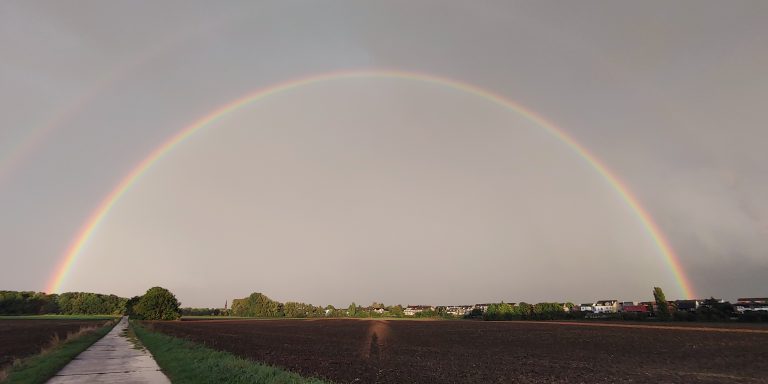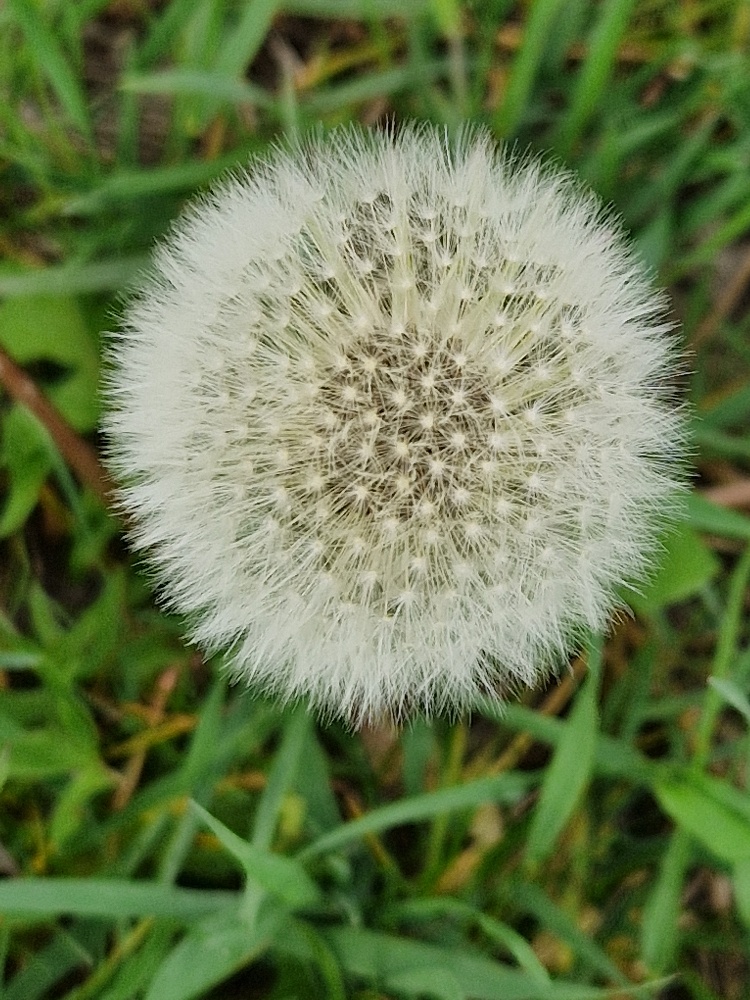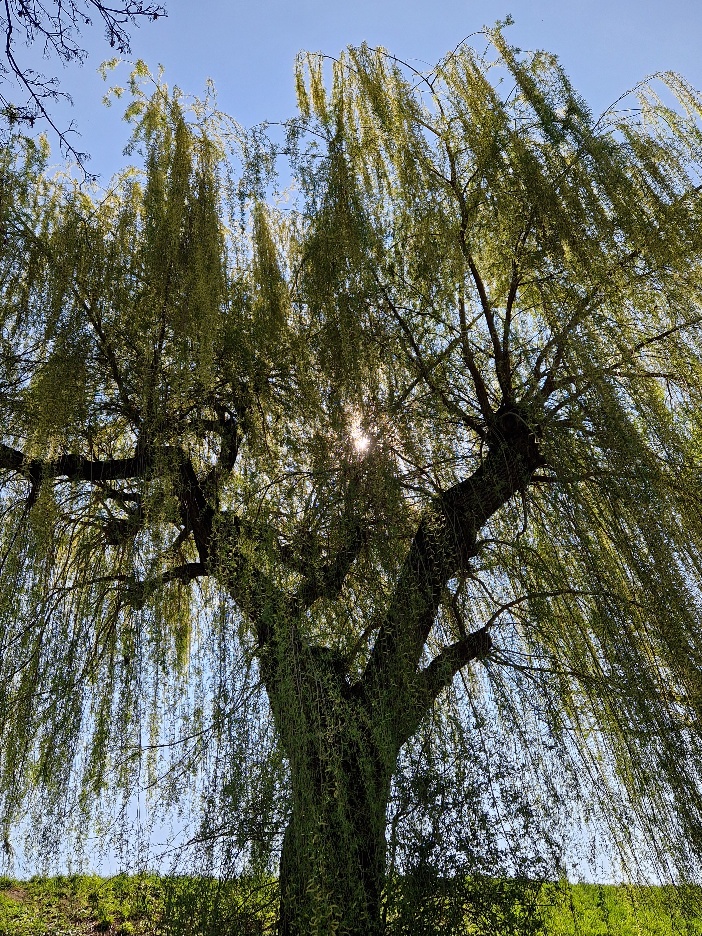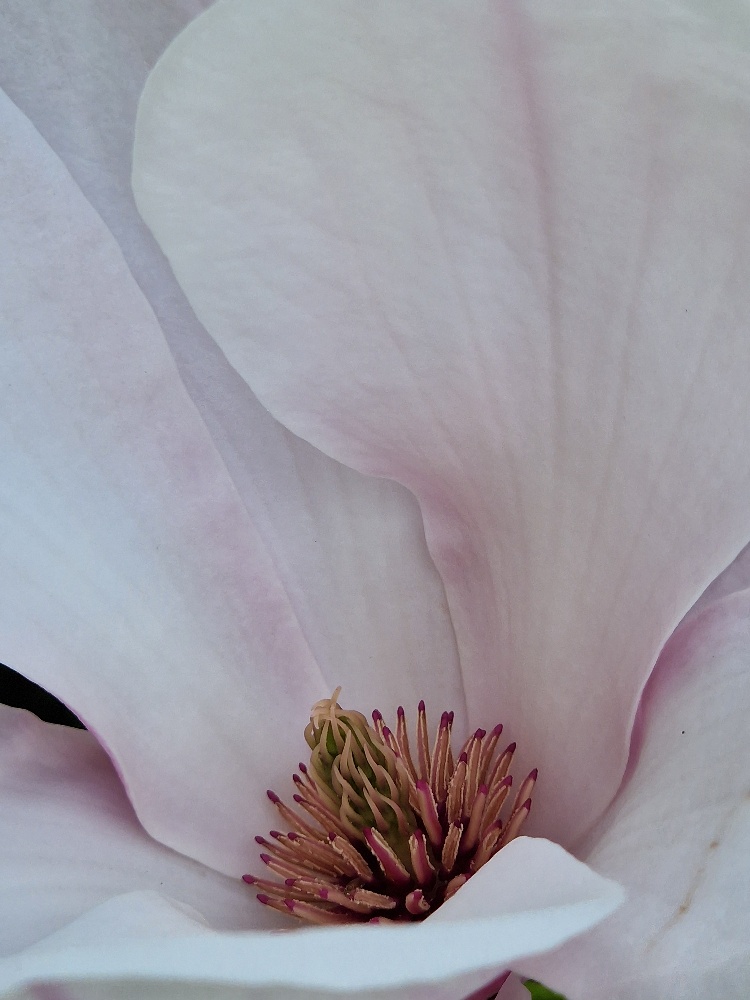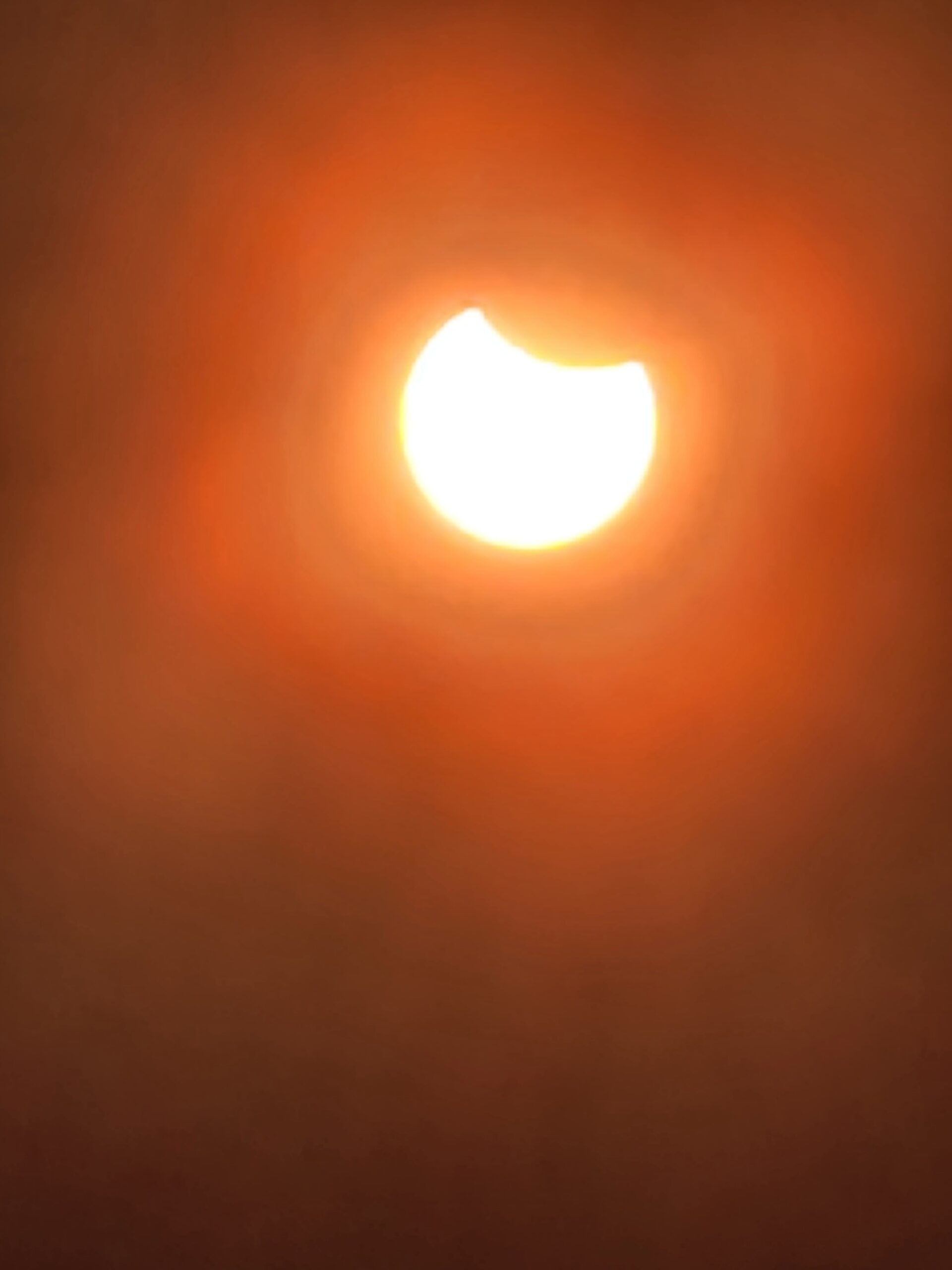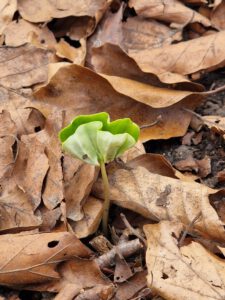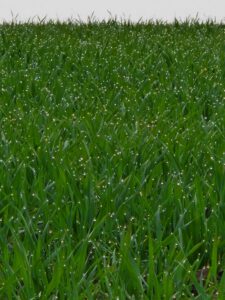Science is organized knowledge. Wisdom is organized life.
Immanuel Kant
The time has come to realise that an interpretation of the universe – even a positivist one – remains unsatisfying unless it covers the interior as well as the exterior of things; mind as well as matter. The true physics is that which will, one day, achieve the inclusion of man in his wholeness in a coherent picture of the world.
Pierre Teilhard de Chardin
Not everything that counts can be counted, and not everything that can be counted counts.
Lord Platt, as quoted by Albert Einstein
Trust the science! This is the relentless appeal voiced these days on the airwaves of our non-stop, ubiquitous media coverage, as we move into the third year of the global public health crisis. The mantra runs: `Simply trust the science and follow the advice of the scientists; this will deliver us from evil´.
Before I begin, it is important to note that I love science. Many years of my working life were spent helping break new ground in using light to transport data, namely in the Research and Development of optical transmission systems. Working with some of the best brains in Bell Labs, we delivered the world’s first 2.5Gbit/s optical fibre transmission systems for the Olympic Games in Barcelona in 1992. This required a laser that could switch on and off 2,500 times per second, among other audacious capabilities. Subsequent systems were engineered to deliver a multiple of this payload on a single fibre, by breaking the light into its constituent frequencies (remember the rainbow), paving the way for the terabyte systems, and associated applications, in use today. Science can be fun. Science is amazing!
In recent years my work has taken me into such areas as organisational intelligence, neuroscience, and the associated recent amazing breakthroughs in neuroplasticity and communications theory. I get as much a kick as any other scientist when the boundaries of the `known´ are expanded and the results successfully applied.
When it comes to major aspects of the human condition however, such as life, love, ethics, purpose, and death, science has its limitations. The following oft-cited dilemma from the realm of Artificial Intelligence (AI) is a good example: The autonomous vehicle turns into a side street and encounters a pending crash situation in which a decision must be made; veer right and collide with an elderly couple or veer left and crash into a group of young school children. What is to be done? Here, we see the limitations of the scientific approach, when it comes to ethics.
What is science? The term, stemming from Latin scientia, is defined by Merriam as: `knowledge about or study of the natural world based on facts learned through experiments and observation´. So far so good. Note the absence of `experience´ in this definition. We are in the realm of `counting things´, as Einstein liked to say. This we do with our intellect, in the domain of logic.
Scientia, in Latin, did not exist in a vacuum; it was regarded and used as the Siamese twin of sapientia – from the Latin verb sapere; – to taste, be wise, – the root of our modern concept of wisdom, i.e. `knowledge that is gained by having many experiences in life´. As you can see, both science and wisdom have a role to play in discovering, grasping, understanding, and successfully navigating this world in which we live. The difference between the two is that sapientia is experience-based and therefore a product not only of logic, but also of resources that lie beyond the domain of the intellect. The PhD thesis on honey, written by a person who has never experienced bees or tasted honey will be very different to that written by a person who has. Here, we venture into the realm of `things that count which cannot be counted´.
Over the years, I have been engaged in a variety of international initiatives to deal with the crises of our times: global hunger, the destruction of our forests, addiction and mental health, etc. I have attended UN Conferences on global hunger where the facts were trotted out by leading experts until they were coming out of our ears. I realised, to my dismay, that these facts had been known to us since I first got interested in such topics in the late 1970’s.
On the back of these facts a debate then ensued; was it an agricultural crisis or a political crisis? Ecological of demographical? Educational or sociological? I was dumbfounded by the inability of these leading public servants and scientists to name the elephant in the room; namely, that we were dealing with a spiritual crisis of the highest magnitude. We perceive ourselves as separate from the rest of Creation, and from one another, and behave accordingly. When I challenged some of those who spoke at such events, they either dismissed my claims or told me, behind closed doors, that the multitude was not ready to be confronted with such radical ideas.
Which brings me to trust. If trust is not rooted in the primordial trust that our Universe is shaped and evolved by benign powers beyond the human ego, it cannot be called thus. Trust, if blind, is in reality, compliance, – born of obedience to earthly authority, and fuelled by fear. This blind trust is what I sense among many of the well-intentioned, so-called `experts´ who implore us to `trust the science´.
On the basis of what they share of their image of the world, their `Weltanschuauung´, it is clear that these leading scientists and philosophers, not to mention the politicians, themselves live without primordial trust. Theirs is a science bereft of wisdom. This is a science born of hubris, which separates humankind from the rest of Creation, leading to futile concepts such as `infinite economic growth’ and `the war on the virus´. In bowing before the alter of this science, we, as a species, are selling ourselves short. As Pierre Teilhard de Chardin wrote over half a century ago: `We have reached a crossroads in human evolution where the only road which leads forward is towards a common passion. To continue to place our hopes in a social order achieved by external violence would simply amount to our giving up all hope of carrying the Spirit of the Earth to its full potential´.
The real virus is a virus of fear. It is born of a world view based upon science without wisdom, a world view which can manifest only in suffering, futility and fear. The twins, scientia and sapientia, – rent asunder at a time ironically referred to as `The Age of Enlightenment´ – are calling to be reunited. This reunification will represent the re-awakening of our species.
The extreme intolerance the permeates our current public discourse may be a final attempt by those who choose fear over love, to uphold their self-perpetuating world model. Like any addictive dynamic, collective fear, through denial, rationalisation, and the need to `be right´, becomes increasingly incapable of recognising itself, the deeper it digs itself into the hole.
For those of us who choose love over fear, it is important to continue to choose this path, one breath at a time, to practice compassion and self care, and to remain true to our reality that we are, indeed, `spiritual beings having an earthly experience´. Our service now is to behave accordingly, to engage constructively- with clear minds and open hearts – in the public discourse, and to lead by example.

